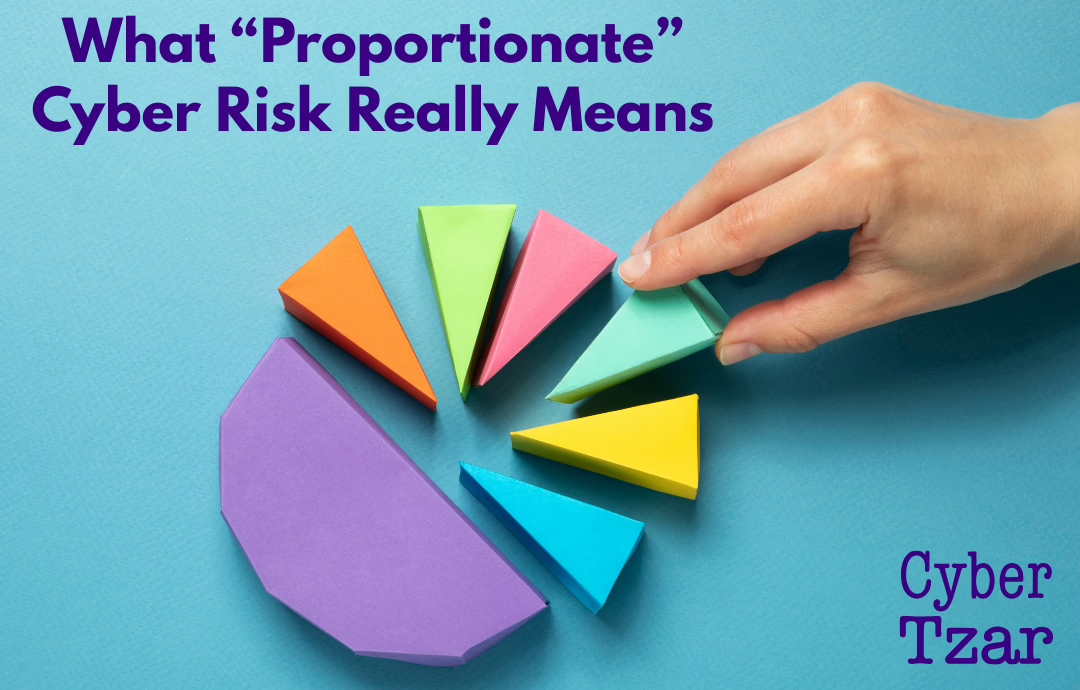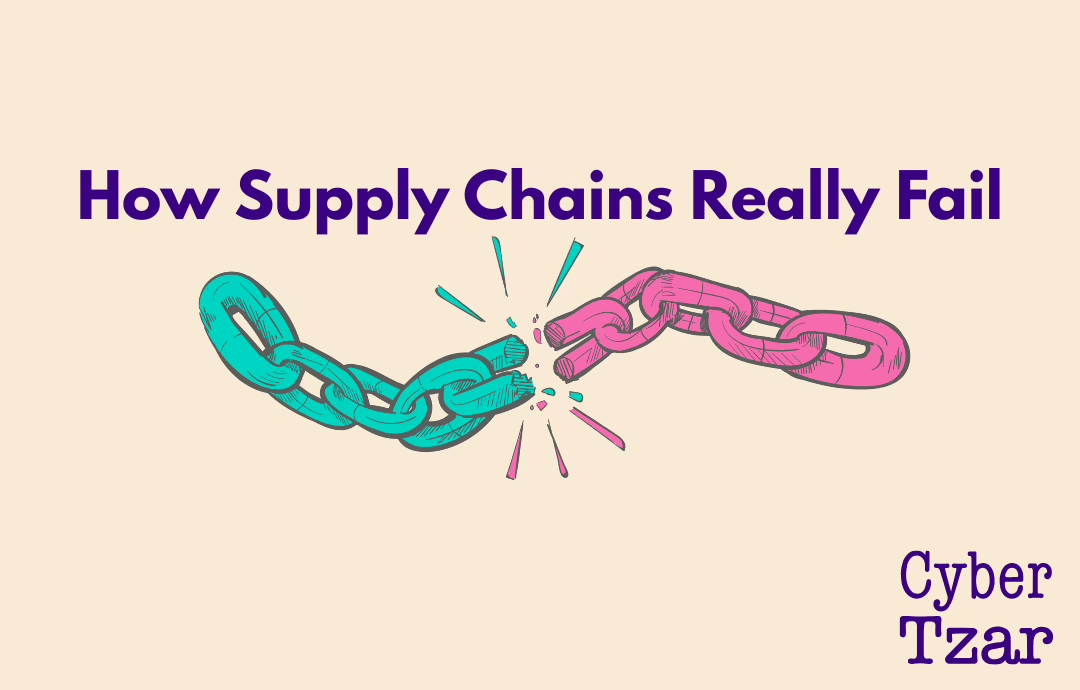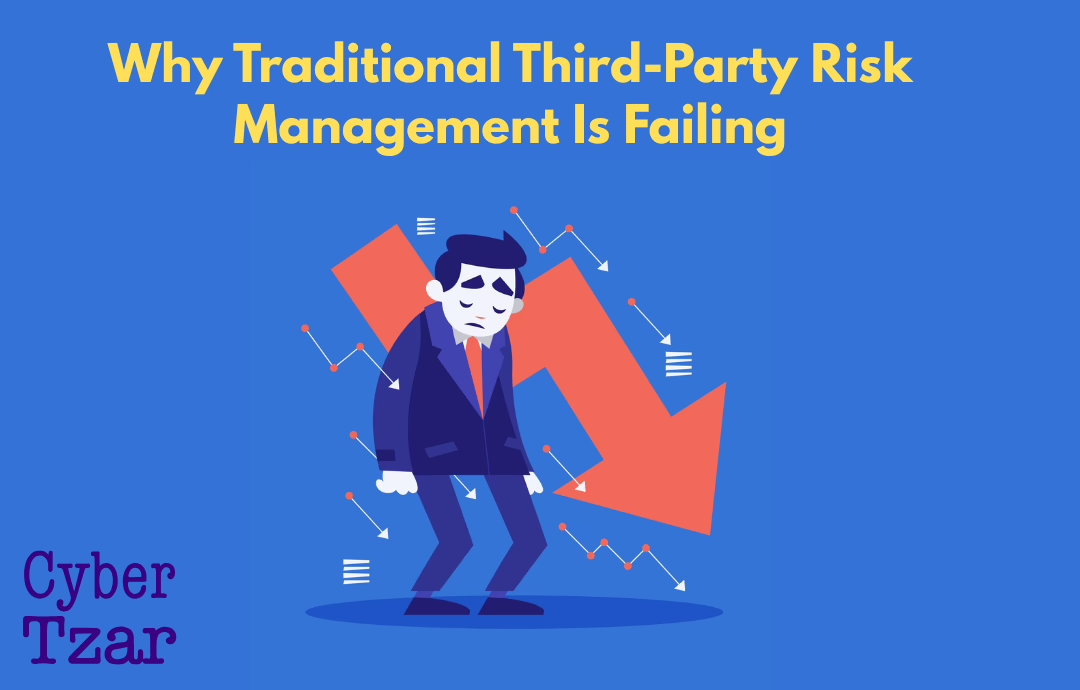Introduction
Small and medium-sized enterprises (SMEs) play a critical role in the defence supply chain, providing innovative technologies, specialised services, and key logistical support to the Ministry of Defence (MOD) and larger defence contractors. However, cyber threats targeting SMEs are on the rise, with attackers viewing smaller businesses as easier targets and potential entry points into the wider defence network.
For defence SMEs, cyber resilience is no longer just an IT concern—it is a business necessity. Non-compliance with MOD cybersecurity standards can result in lost contracts, regulatory penalties, and reputational damage, while a cyber attack can cause severe operational disruption.
This guide outlines the key cyber risks facing defence SMEs, how they can strengthen their cyber resilience, and the practical steps needed to protect their systems, data, and contracts.
1️⃣ Why Cyber Resilience is Essential for Defence SMEs
📌 53% of cyber attacks now target SMEs, with many breaches occurring through supply chain vulnerabilities.
📌 The MOD is tightening cybersecurity requirements, meaning SMEs must meet higher security standards to secure and maintain defence contracts.
📌 State-sponsored and criminal hacking groups are increasingly targeting defence suppliers for espionage, disruption, and financial gain.
💡 A weak link in an SME’s cybersecurity can compromise the entire defence ecosystem.
2️⃣ The Biggest Cybersecurity Risks Facing Defence SMEs
🔹 1. Supply Chain Attacks
Attackers often compromise smaller suppliers as a way to infiltrate larger defence contractors or MOD systems.
Common Risks:
- Poorly secured IT systems allowing attackers to move laterally into defence networks.
- Third-party software vulnerabilities being exploited for data theft.
- Lack of multi-factor authentication (MFA) on supplier portals leading to unauthorised access.
🛡️ How to Reduce Risk:
✔ Implement strong access controls—limit user permissions based on need-to-know.
✔ Require security compliance from all subcontractors.
✔ Monitor supply chain activity for unusual behaviour.
🔹 2. Ransomware & Data Breaches
Many defence SMEs store sensitive data related to contracts, designs, or logistics, making them prime ransomware targets.
Common Risks:
- Phishing emails tricking staff into downloading malware.
- Unpatched vulnerabilities in software allowing hackers to access systems.
- Poor backup strategies, leaving companies unable to recover data after an attack.
🛡️ How to Reduce Risk:
✔ Use endpoint protection to detect ransomware early.
✔ Train employees to recognise phishing scams—most ransomware starts via email.
✔ Back up critical data offline and test recovery procedures regularly.
🔹 3. Compliance Gaps & Regulatory Risk
Defence SMEs must comply with MOD security standards, including:
📌 Cyber Essentials (mandatory for all MOD contracts handling ‘Official’ information).
📌 DEFSTAN 05-138 (MOD Cyber Security Standard) for higher-risk contracts.
📌 NIST or ISO 27001 for international defence partnerships.
Common Risks:
- Failure to meet compliance requirements leading to contract loss.
- Outdated security policies not aligning with MOD standards.
- Lack of incident response planning, leaving businesses unprepared for cyber incidents.
🛡️ How to Reduce Risk:
✔ Obtain Cyber Essentials certification as a minimum security requirement.
✔ Conduct regular compliance audits to identify gaps.
✔ Develop a cyber incident response plan to manage breaches effectively.
3️⃣ Best Practices for Strengthening Cyber Resilience in Defence SMEs
✅ 1. Implement a Zero Trust Security Model
- Verify all users and devices before granting access to sensitive systems.
- Enforce multi-factor authentication (MFA) across all company accounts.
- Restrict access to defence contract data based on job roles.
✅ 2. Strengthen Network & Endpoint Security
- Deploy firewalls and intrusion detection systems (IDS).
- Ensure all software and systems are patched and updated regularly.
- Use endpoint security solutions to prevent malware infections.
✅ 3. Secure Supply Chain & Third-Party Vendors
- Vet all suppliers for cybersecurity compliance before signing contracts.
- Require ISO 27001, Cyber Essentials, or NIST compliance from third parties.
- Monitor third-party access to defence systems and data.
✅ 4. Develop a Cyber Incident Response & Recovery Plan
- Create a step-by-step incident response plan tailored for cyber threats.
- Test disaster recovery processes regularly to ensure quick system restoration.
- Assign cybersecurity leads within the business to oversee security practices.
✅ 5. Invest in Cyber Awareness Training for Employees
- Conduct regular security awareness training for staff handling MOD contracts.
- Run phishing simulations to test employee responses.
- Encourage a culture of cybersecurity responsibility across all departments.
💡 Even the best security systems can fail if employees aren’t trained to detect cyber threats.
4️⃣ How Defence SMEs Can Maintain Competitive Advantage Through Cyber Resilience
By demonstrating strong cybersecurity practices, defence SMEs can:
✔ Secure more MOD and defence contracts by meeting cyber compliance requirements.
✔ Reduce cyber insurance costs, as insurers favour businesses with proactive security measures.
✔ Improve business continuity, ensuring that cyber incidents don’t disrupt operations.
✔ Build trust with larger defence contractors, leading to more partnership opportunities.
💡 Cyber resilience isn’t just about risk reduction—it’s about business growth and sustainability in the defence sector.
Final Thoughts: Cyber Resilience is a Business Imperative for Defence SMEs
As cyber threats to the defence industry increase, SMEs must adopt a proactive approach to cybersecurity. Meeting compliance standards is the minimum requirement—true cyber resilience requires continuous risk management, robust security controls, and an adaptive security culture.
🔹 Key Takeaways for Defence SMEs:
✔ Cyber threats targeting defence SMEs are increasing—resilience is critical.
✔ Meeting compliance (Cyber Essentials, DEFSTAN 05-138) is essential for securing MOD contracts.
✔ Supply chain security must be strengthened to prevent third-party attacks.
✔ Investing in cybersecurity training and incident response planning is key to long-term success.
By implementing strong security practices today, defence SMEs can protect their business, maintain regulatory compliance, and build long-term resilience in an increasingly hostile cyber environment.
📢 What’s Next?
💡 Next in the series: “How Insurers Can Leverage Cyber Risk Data for Better Underwriting” (w/c 30 April).
Would you like a defence SME cybersecurity assessment? Get in touch today. 🚀


